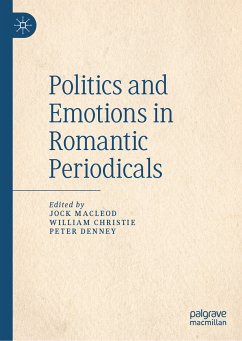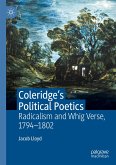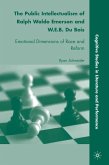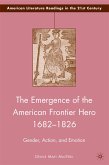The respective chapters explore both the politics of emotion and the emotional register of political discussion in radical, reformist and conservative periodicals. They are arranged chronologically, covering periodicals from Pigs' Meat to Blackwood's Edinburgh Magazine and The Spectator. Recurring themes include the contested place of emotion in radical political discourse; the role of the periodical in mediating action and performance; the changing affective frameworks of cultural politics (especially concerning gender and nation), and the shifting terrain of what constitutes appropriate emotion in public political discourse.
Jock Macleod is Associate Professor of Literary Studies at Griffith University.
William Christie is Professor and Director of the Humanities Research Centre at the Australian National University.
Peter Denney is Senior Lecturer in History at Griffith University.
Dieser Download kann aus rechtlichen Gründen nur mit Rechnungsadresse in A, B, BG, CY, CZ, D, DK, EW, E, FIN, F, GR, HR, H, IRL, I, LT, L, LR, M, NL, PL, P, R, S, SLO, SK ausgeliefert werden.









